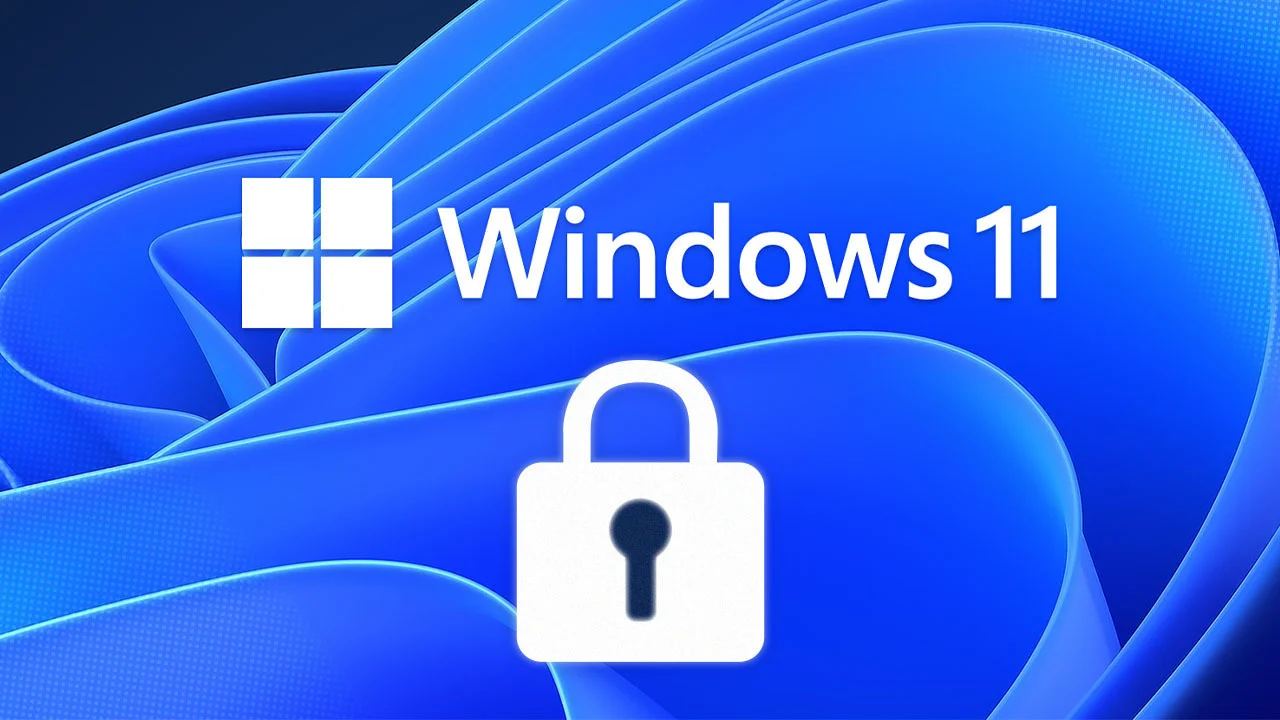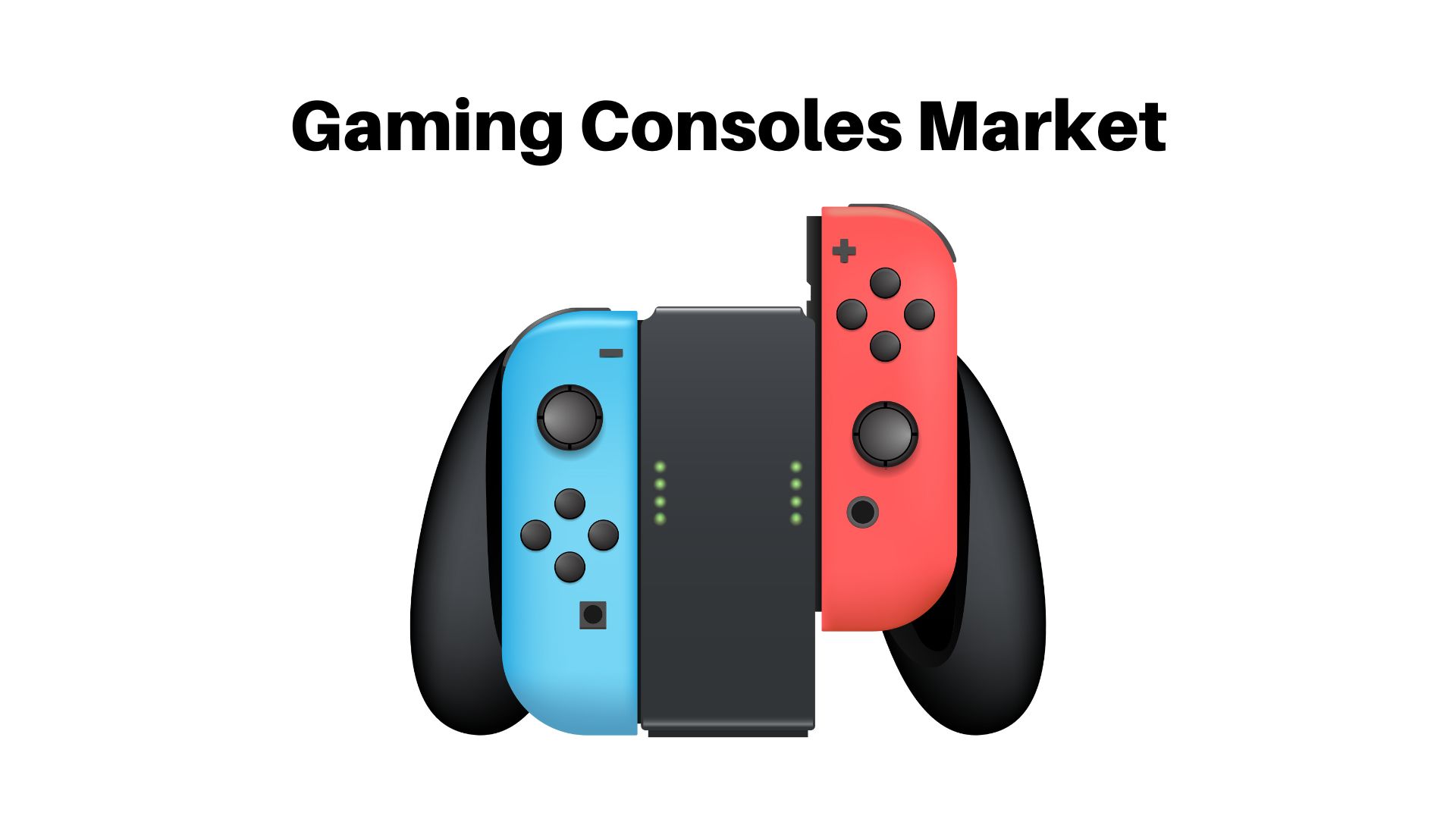There is some excellent news for those who want to start trading stocks. It’s not only that most brokerage companies have eliminated commissions on stock trades, but selling and buying stocks is simpler than it has ever been before. In addition, one of the main reasons for this is that there are some best commission-free stock trading applications available that allow for stock trading and other activities.
This article includes some of the top-rated stock trading applications information and tips and tricks that help you choose the proper trading application for investment.
The best free stock trading applications overview
1. TD Ameritrade
TD Ameritrade’s free trading app is not the only thing that shines. It is also among the most reliable trading app we have seen. This broker is a top choice for several reasons, including its excellent app capabilities, highly-regarded services, diversity of account types, a wide range of investment options, and best-in-class trading platforms. In addition, TD Ameritrade does not have all the answers. For example- if investors want to invest in cryptocurrencies or fractional shares, they will have to search elsewhere.
The Android rating of the TD Ameritrade app is 3.5/5 stars, and the iOS rating is 4.5/5 stars.
Pros and Cons of TD Ameritrade application
| Pros | Cons |
| Diverse investment options are available | No cryptocurrency investing |
| Commission-free ETF (exchange-traded fund) and stock trades | No fractional share investing |
| Robust trading platforms | |
| Great customer service |

2. Robinhood
Robinhood is a user-friendly trading application that allows for trading in options, stocks, and cryptocurrencies (including Bitcoin).
Robinhood customers can access a cash management feature that allows interest to be earned on cash balances. Robinhood Gold Premium version ($5 per month) provides $1,000 of interest-free margin and allows access to Morningstar research reports. In addition, the best feature of the Robinhood app is $0 options commissions and no contract fee. Most options brokers charge a per-contract fee; however, the Robinhood app does not charge a contract fee.
There are some downsides to this application. Specifically, there are few advanced trading tools and educational tools available in this app. Also, this app does not contain IRAs (individual retirement accounts) or mutual funds. This indicates that the Robinhood app was mainly created for traders, not long-term investors.
The Android rating of the Robinhood application is 3.8/5 stars, and the iOS rating is 4.1/5 stars.
Pros and Cons of Robinhood application
| Pros | Cons |
| It is a user-friendly trading platform | No robo-advisory service or mutual fund investing |
| No commissions | Unable to access stock research reports until your account is upgraded |
| This app functionality includes stocks, options and cryptocurrencies trading | Few educational resources |
| It allows fractional share investing |

3. SoFi Invest
SoFi Invest application provides Robo-advisory (automated investing) and stock trading (active investing) services. Investors can also trade in cryptocurrencies with the help of this app. In addition, the SoFi Invest app also offers Roth and traditional IRAs, unlike several tech-focused investment applications. The various features, including saving, lending, investing, and others, are accessible through this highly-rated app.
SoFi is an acronym for Social Finance. It is a financial community mainly designed to offer everything you need. The SoFi application offers mortgages, personal loans, credit cards, private student loans, and high-yield savings accounts.
The Android rating of the SoFi Invest app is 4.4/5 stars, and the iOS rating is 4.8/5 stars.
Pros and Cons of SoFi Invest Application
| Pros | Cons |
| Many other financial products are available | It does not provide advanced trading platform or stock research |
| Fractional shares are available | Mutual fund and option trading services are not available |
| Retirement accounts are available | |
| It offers cryptocurrency trading, automated investing and stock investing |

4. E*TRADE
E*TRADE has two apps: The Power E*TRADE application, mainly designed for active traders, and the regular E*TRADE application. Both these applications are entirely free.
E*TRADE is an excellent trading application. The experts give high marks to this app for being a one-stop shop for many things an investor requires in a trading application.
The regular E*TRADE app gives users access to several features that an average investor would expect, including managing a user’s account, placing trades, performing stock screening and research, and staying up to date on the news.
Furthermore, the Power E*TRADE app is best for active traders. This app offers futures trading, advanced options trading features, and real-time technical analysis of stocks. It also has excellent charting capabilities. According to app store reviews, there are technical issues with the Android application. However, it seems to be fewer technical issues with iOS, so that is something to consider.
Unfortunately, regular E*TRADE and Power E*TRADE applications do not allow forex, fractional shares, or cryptocurrency trading. If these tradings are essential, you may check other trading applications.
The Android rating of the regular E*TRADE app is 4.2/5 stars, and the iOS rating is 4.6/5 stars.
The Android rating of the Power E*TRADE app is 3.7/5 stars, and the iOS rating is 4.5/5 stars.
Pros and Cons of E*TRADE Application
| Pros | Cons |
| Power E*TRADE app for active traders | It does not support forex, cryptocurrency, and fractional shares trading |
| regular E*TRADE app is easy to use and feature-packed | |
| Commission-free ETF and stock trades | |
| This application strong in research and news offering |

5. Webull
Webull is a mobile-based trading platform that provides more features than several app-based competitors. The Webull app users can trade-in options and stocks without any commissions. Also, this app does not require a minimum balance for day trading. Webull offers some of the lowest margin rates for those investors who use margin while trading. In addition, this app also provides a “Paper Trading” tool, a virtual trading simulator where users can learn about investing without putting their hard-earned money at risk.
The Android rating of the Webull app is 4.4/5 stars, and the iOS rating is 4.7/5 stars.
Pros and Cons of Webull application
| Pros | Cons |
| It offers more features than several other app-based trading platforms | Investors can’t trade in Over-the-counter (OTC) stocks and mutual funds |
| Commission-free stock trading | It doesn’t support fractional shares |
| It offers traditional IRAs | Most of the market research and data require subscriptions |
| Options trading is available | Very few educational resources |
| It allows cryptocurrencies trading |

6. Merrill Edge
Merrill Edge, its brokerage services, and the investing application are a great choice for Bank of America clients. Also, the Merrill Edge app is suitable for a wide range of audiences. Merrill Edge is the best stock broker for those looking for a single place to handle all of their financial needs. In addition, Merrill Edge’s mobile application works effectively with the Bank of America’s banking application, which is seen in its high Android and iOS app ratings. Investors who want to invest in cryptocurrencies or looking for the top trading platform should have to check other trading platforms.
The Android rating of the Merrill Edge app is 4/5 stars, and the iOS rating is 4.7/5 stars.
Pros and Cons of Merrill Edge application
| Pros | Cons |
| It offered a wide range of account types | It does not support cryptocurrency investing |
| Nation-wide branch access | This trading platform can be beat |
| Commission-free ETF and stocks trades | |
| Preferred Rewards program |

7. Fidelity
Fidelity is a highly rated smartphone application. This is noteworthy for a non-app-based broker, especially when you consider the industry-wide impact of some of the disruptive “trading applications.” In addition, this app trading platform is highly customizable and user-friendly. The users may view stock research, set up a customized news feed, and even pay bills and deposit checks via this application.
The Android rating of the Fidelity app is 4.4/5 stars, and the iOS rating is 4.8/5 stars.
Pros and Cons of Fidelity application
| Pros | Cons |
| It is highest-rated smartphone app among non-app-based brokers. | There is no cryptocurrency functionality |
| Fractional share investing (only on S&P 500 stocks) | Margin rates higher than several peers |
| Few brokers allow trading in international stock markets; it is one of them | Options commissions are on the top of the sepctrum |

8. Ally Invest
Ally Invest offers exchange-traded funds (ETFs), buy/sell stocks, mutual funds, and options. It also provides the Managed Portfolios Robo-advisory service, checking accounts, a high-yield savings account, mortgages, CDs, personal loans, auto loans, etc.
The Ally Invest application does more things than just trading. It is a fantastic financial app with great investing functionality. This makes it an excellent choice for consumers who wish to trade stocks while maintaining their checking and savings accounts in the same place.
The Android rating of the Ally Invest app is 4.1/5 stars, and the iOS rating is 4.7/5 stars.
Pros and Cons of Ally Invest application
| Pros | Cons |
| It offers investment and banking account in a single application | It does not offer NTF (no-transaction-fee) mutual funds |
| App-based featured-packed trading platform | For serious traders, this is not a sophisticated trading platform |
| It provides IRAs service for retirement saving | |
| One of the lowest mutual fund commissions |

9. Charles Schwab
Charles Schwab is the right choice for investors who want to sell and buy stocks on the go. It offers a fully-featured brokerage account. Charles Schwab has excellent customer service and a wide range of mutual funds. It also allows consumers to purchase and sell fractional shares of stock and supports a wide range of accounts types. In addition, Schwab Intelligent Portfolio is one of the most popular platforms for Robo-advisors. The Intelligent Portfolio facility is best for those consumers who want to put all or some of their investment on autopilot.
The Android rating of the Charles Schwab app is 3.6/5 stars, and the iOS rating is 4.8/5 stars.
Pros and Cons of Charles Schwab application
| Pros | Cons |
| It allows fractional share trading | Cryptocurrency trading is not allowed |
| It is most popular fully-featured service broker in the US | Margin rates are at an all-time high |
| Numerous educational and research features available | |
| Schwab 401(k) plan holders can access their account through this app |

10. Vanguard
Vanguard is considered one of the top stock investment applications. It is the best choice for beginners or those who want to plan for their future financial needs. It’s worth praising the planning tools. In addition, this app is commission-free, and no minimum balance is required. Vanguard provides you personal advisor, or if you want, you can do self-directed investing in this app.
The Android rating of the Vanguard app is 1.7/5 stars, and the iOS rating is 4.7/5 stars.
Pros and Cons of Vanguard application
| Pros | Cons |
| It is commission-free ETFs and stocks trading application | Cryptocurrency trading is not allowed |
| Wide range of mutual funds available with no transaction fees | Stock research reports are limited |
| No minimum balance required |
What the best free stock trading apps offer
There is no best investment app that every investor should use. Some investors are looking for stock educational and research tools, while others are unconcerned about these features and want a user-friendly way to purchase and sell stocks.
Here are some of the features you might find in the top stock trading applications. It would help to consider which features are most important to you before opening an account in a particular trading app.
- The facility to purchase fractional shares of stock
- Stock trading without commission
- Trading in cryptocurrency
- Support for various accounthe top stockbrokers, which indicates that you will never get tht types such as custodial accounts of minors, IRAs, joint accounts, etc.
- Options trading
- Wide range of mutual funds available without transaction fees
- Competitive margin rates
- Powerful trading tools for active investors
- A user-friendly trading platform
- Educational tools
- Various financial products include loans, bank accounts, credit cards, etc.
- Access to stock research
Free stock trading applications Pros and Cons
Pros
These apps are free and offer a lot of conveniences. Also, these applications allow you to buy and sell stocks with a single click from anywhere globally that have a data connection. This makes them excellent brokers for both novice and experienced investors.
Cons
There are some drawbacks to using free stock trading applications, even those provided by e same functionality as a desktop computer-based trading platform. Many free trading applications do not have features like educational tools and stock research tools, even if the web-based platforms offer such a type of feature.
How much does it cost to begin trading stocks?
There is no set amount of money required to begin investing in stocks. Some brokerages have a minimum amount of deposit requirement, but many online brokerages do not. These allow you to buy fractional shares of stocks rather than full shares for as little as a few dollars.
If you wish to buy a full share of a company’s stock, the minimum amount you’ll need to get started is the stock’s cost, which varies considerably.
Share market experts usually recommend buying a minimum of 10 stocks to establish a diversified portfolio. Your minimum investment would be the cost of those ten stocks plus any commissions and charges paid to your brokerage.
How to select a stock trading application as a beginner
Although no broker is ideal for everyone, some brokers are better suited to newcomers.
Here are some essential factors to consider when choosing an online stockbroker.
- Minimum account balances required to open an account: Some brokerages have no minimum deposit, while others may require a minimum of $500.
- Cost structure: Do they have a monthly fee, or do they charge commissions on trades?
- Features and support: Look for an application that contains educational tools and excellent customer support if you want to improve your investing knowledge and skills over time.
- Variety of funds: You may not wish to choose particular stocks as a novice. To invest without a stock market expert, look for brokerages that invest in no-charge mutual funds or ETFs (exchange-traded funds).
How to invest in stocks as a beginner
These steps will help you get started with stock investing:
- Choose how much to invest. You shouldn’t invest the money you’ll require in the next five years. Because your investments are not liquid, and short-term investments are too volatile. Ensure that you have vacation savings, an emergency fund, short-term education fees, and other short-term savings, such as a down payment for a car or home.
- Determine your investing approach. You can choose to be hands-on and pick individual stocks or be hands-off and allow a Robo-advisor to manage your portfolio. Working with a broker to select low-effort index funds can be a good option.
- Open an investment account with a brokerage. Choose a brokerage such as those listed above in this article to manage your investments. You may make a minimum investment to open an account.
- Diversify your stock portfolio. It would be best to choose stocks from companies familiar with various industries if you invest in a self-directed account. For the time being, you may avoid high-volatility equities, and you may invest in an exchange-traded fund or index fund.
- Continue investing. Continue to contribute to your investment accounts and hold on to your investments for the long term to earn the most satisfactory and consistent returns.
ABOUT AUTHOR
Steven Burnett has over 15 years of experience in a range of industries and domains. Steven has a flair for gathering data and information through extensive research efforts, and has a strong set of skills to cover almost any domain with ease and produce reports that are easy to understand and aid in making well-informed decisions. You can get in touch with him here. Phone No: +1 315-447-6937 Email: steven.b@coinlaw.io







